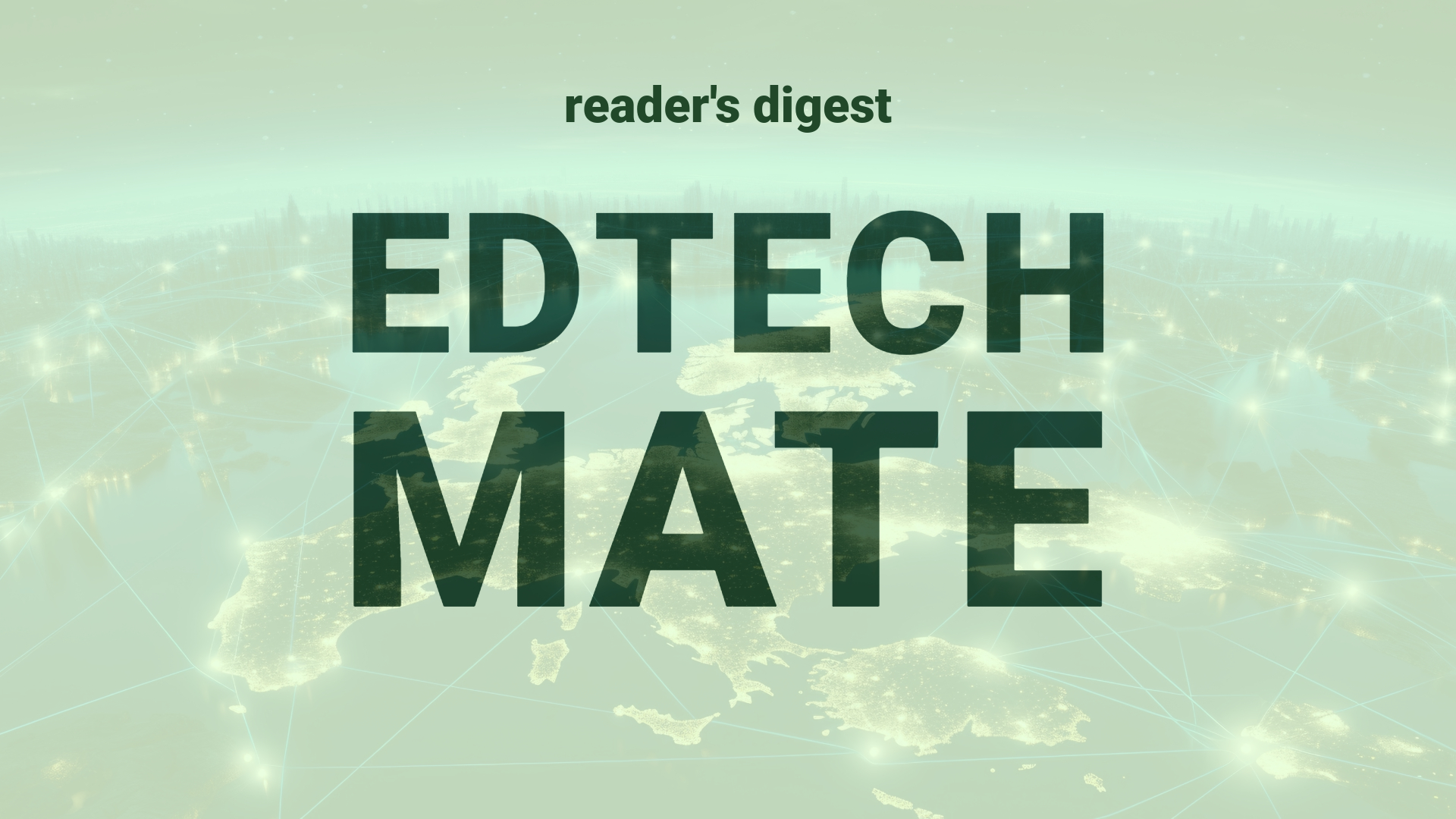Executive Summary and Main Points
In recent technology news, Microsoft’s Build developer conference has put a spotlight on the company’s advancements in artificial intelligence, positioning AI as an integral element of the PC experience. Microsoft CEO Satya Nadella outlined a vision for AI as a “first-class part of every PC.” This aligns with competition from giants like Google, which unveiled its powerful Gemini AI, and OpenAI’s launch of the new GPT-4o model. The underpinning strategy involves embedding AI into Microsoft’s Windows platform, enhancing the PC user base’s productivity and driving the upgrade of computer hardware using components like neural processing units (NPUs) from major chip manufacturers. Furthermore, Microsoft’s approach includes cloud-based AI capabilities and developer tools for creating custom AI solutions.
Potential Impact in the Education Sector
The AI tools being developed and showcased by Microsoft and other tech leaders have the potential to significantly impact the Further Education and Higher Education sectors. The integration of AI in Windows could facilitate advanced teaching and learning modules, streamline administrative tasks, and bolster research capabilities. Through strategic partnerships with educational institutions, Microsoft could deliver tailored AI solutions that improve the educational experience. As for Micro-credentials, AI-powered platforms may enhance the customization and delivery of such programs, meeting the demand for specialized skillsets in the digital age.
Potential Applicability in the Education Sector
Innovative applications of these AI tools within the education sector may include AI-facilitated remote learning, adaptive learning systems that cater to individual student needs, and scalable assessment tools. The global education system stands to benefit from the enhanced computational capabilities of AI PCs, and further digitalization spurred by AI integration can pave the way for more personalized and efficient educational models.
Criticism and Potential Shortfalls
While the benefits of AI in enhancing PC functionalities are promising, there are criticisms and potential shortfalls to consider. The accessibility of cutting-edge technologies across different international education systems may be uneven, leading to a wider digital divide. Ethical considerations around data privacy and algorithmic bias also pose significant challenges, as does the potential cultural impact of AI implementation in diverse learning environments.
Actionable Recommendations
International education leadership should consider proactive measures to embrace AI technologies, ensuring equitable access and ethical deployment. This could involve investing in infrastructure to support AI integration, offering professional development for educators in AI tools, and fostering cross-sector collaborations to ensure responsible AI use. Additionally, leaders should advocate for policies that address digital inequities and promote the development of culturally sensitive AI applications in education.
Source article: https://www.cnbc.com/2024/05/19/microsoft-ai-pcs-build-2024.html

